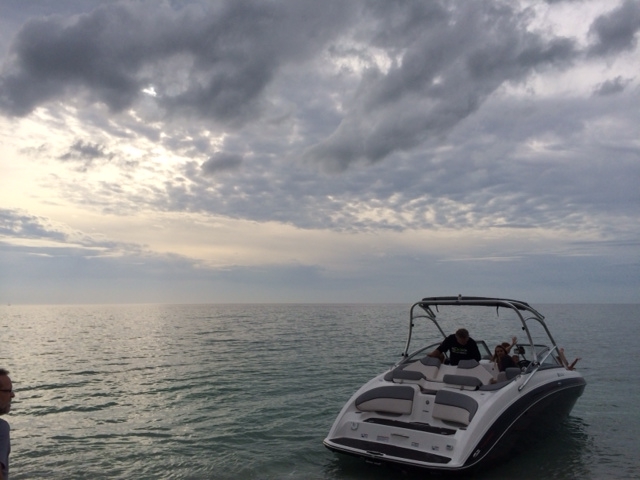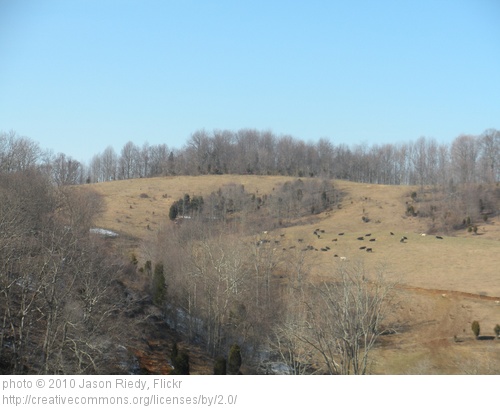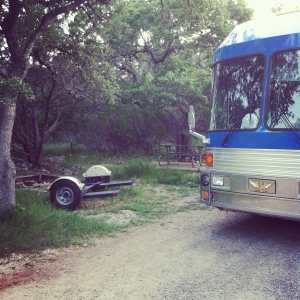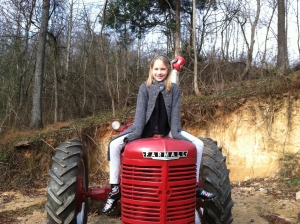It’s been a cold week in Lancaster County. There have been a lot of snow days. You can tell by the look in the eyes of mothers wandering the grocery store aisles, the crazed searching, as if they expect to find, hidden behind the boxes of Cheerios or perhaps tucked away amongst the Campbell’s soup cans, small portions of summer, or all-expenses-paid trips to Cancun.
When I was a kid, my favorite part about snow days was stumbling back in out of the cold and finding steaming mugs of Swiss Miss hot chocolate on the table with those little white sugary things they called marshmallows – we all knew they weren’t quite marshmallows. They were more like tiny bits of sweetened, edible cardboard. When they started making packs with “20% More Marshmallows,” well, it didn’t get much better than that.
Unless it was Grandma Smucker’s hot chocolate. She made it with real milk and Hershey’s chocolate syrup, back when we knew nothing about human trafficking, back when we had no idea (and, quite frankly, didn’t even think to ask) about Hershey’s methods of doing business, where they got their cocoa beans, how they treated the workers who harvested their profits. Back then it was simply Hershey’s, and it was simply delicious.
Grandma Smucker, the queen of hot chocolate, died about sixteen months ago. All eight of her children, along with their husbands and wives, and their thirty-some children, and a dozen or more great-granchildren, spent that last week with her, watching her fade and singing “When We All Get To Heaven” and “What Heaven Means to Me.”
A country where no twilight shadows deepen
Unending day where night will never be
A city where no storms will ever gather
This is just what heaven means to me
* * * * *
Last week Maile, the four kids, and I drove to Missouri. Whenever we told people we were driving to Missouri, they looked at us as though we had said we were driving to Antarctica.
“You’re driving to Missouri? How far is that?”
Turns out it’s about 1051 miles, but the miles going out are shorter than the miles coming home. I’m not sure how that works, but it’s true. While we were out there we met with a publishing house about a potential book project, and we also got to catch up with some family and friends.
One of the couples we saw are old friends from here in Lancaster. They have a beautiful little nine month old who reminds me of our oldest son when he was that age, all smiles and quiet sitting in his high chair, watching. It’s hard to believe ten long years have come and gone since our son was that old. Time is a funny thing, and the last thing you should do if you want it to move slower is to try and grab on to it.
* * * * *
On Monday morning Maile and I woke up to an empty house. From under the warm covers I could hear large slabs of frozen snow sliding off the roof and crashing on to the ground. The kids all spent the night at my parents’ house, and it was nice having an evening with just my wife.
I went downstairs and stoked the fire in the wood stove, then came up to the main level and opened all the blinds. Bright snow light glared through the glass. I made myself some breakfast and started working. The house was very quiet.
At one point in the morning, Maile said, “It’s hard to believe that someday all of our kids will be out in the wide world.” Cade, on his own, making breakfast? Lucy, driving to work? Abra, making a list of things to pick up at the grocery? Sam, little Sam, paying bills? It’s very hard indeed, believing that, but on a morning like that one I could feel it, the peace and the sadness, the freedom and the sense of missing things.
It’s a good stage we’re in, this busy, loud, kids-sleeping-on-the-bedroom-floor-almost-every-night stage. Someday it will pass, and the new stage will be good, too. I guess it all just reminded me to love this snow-covered, freezing cold day for what it is, and not to reach for the future too often.





